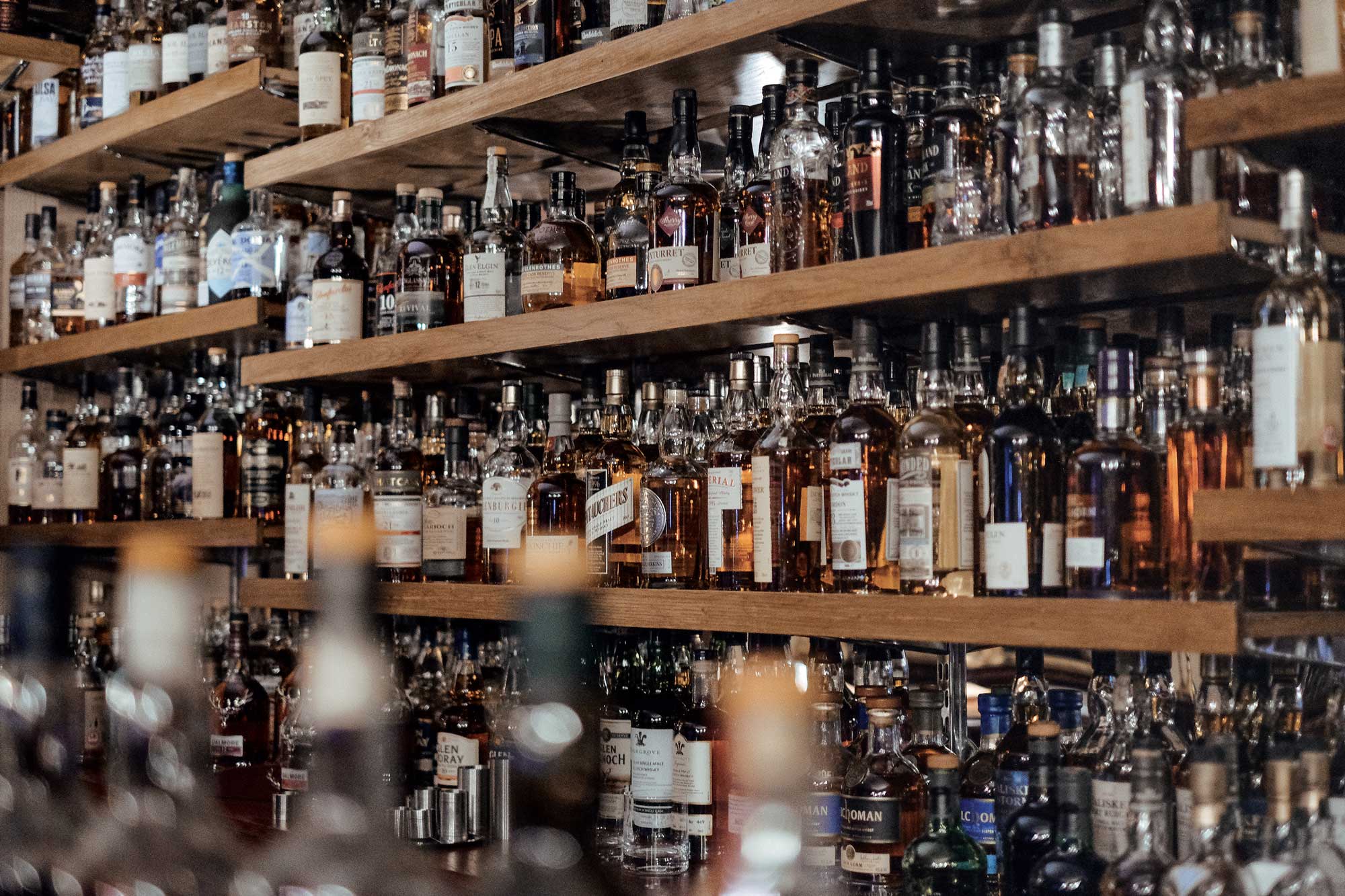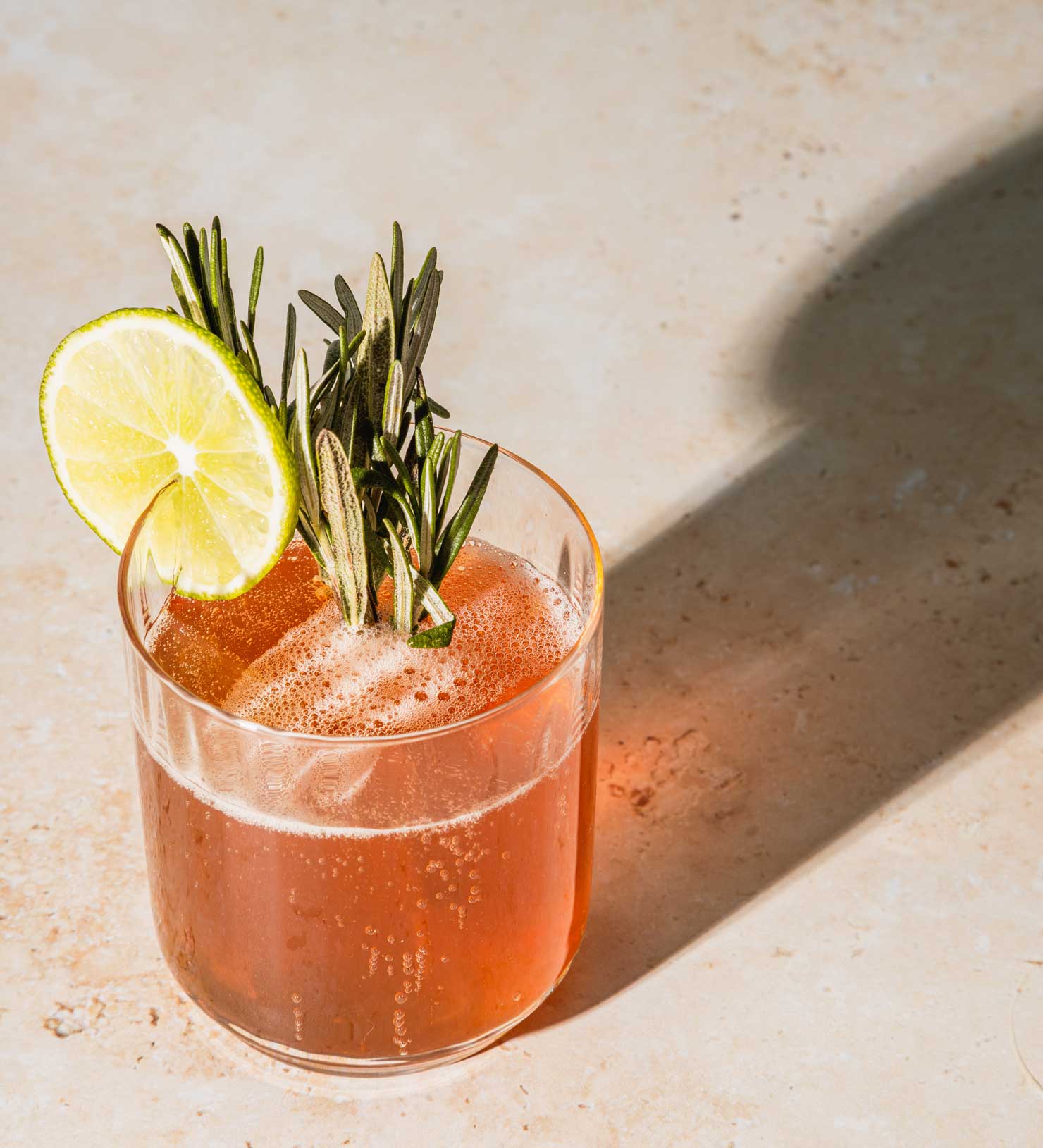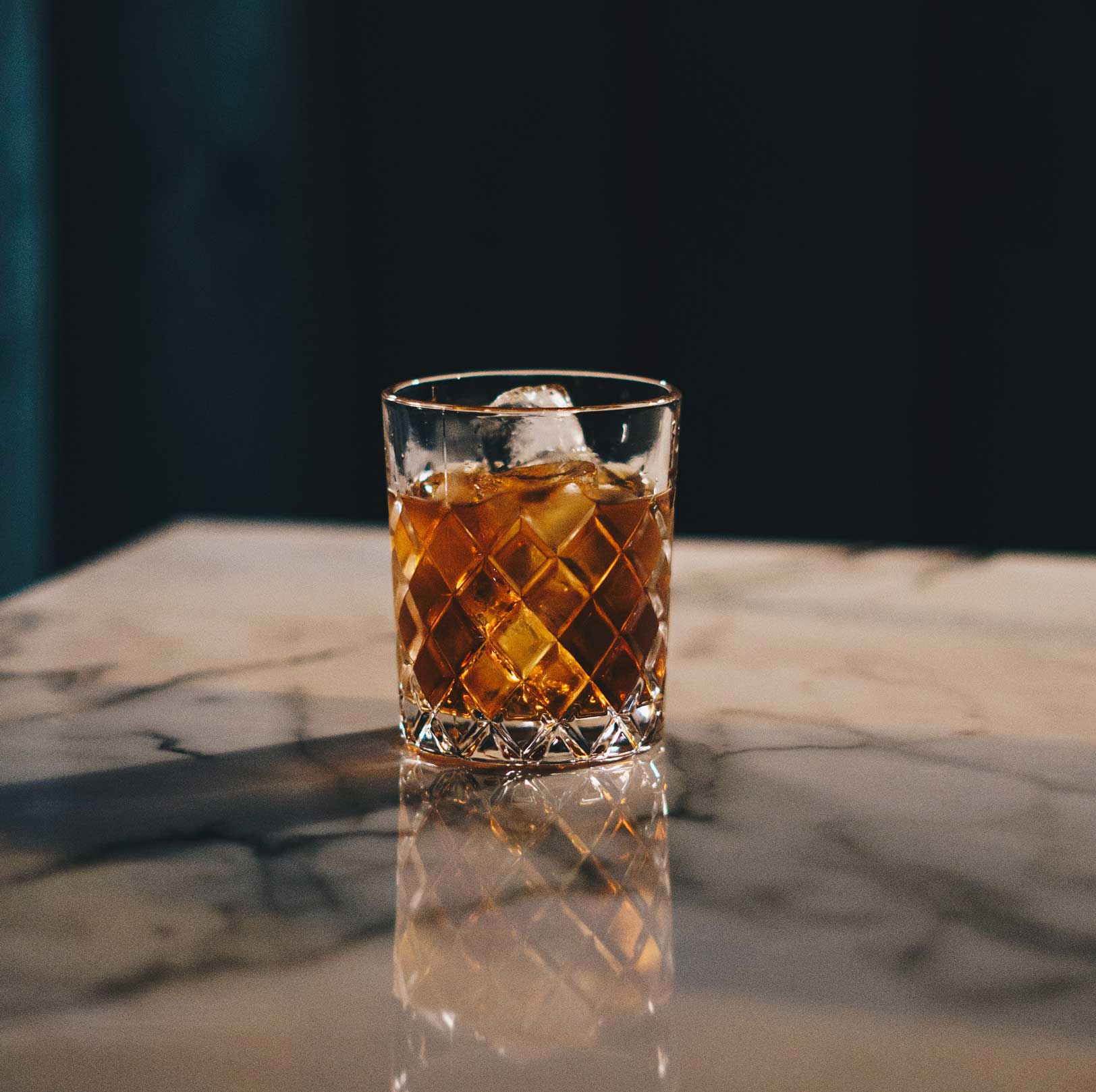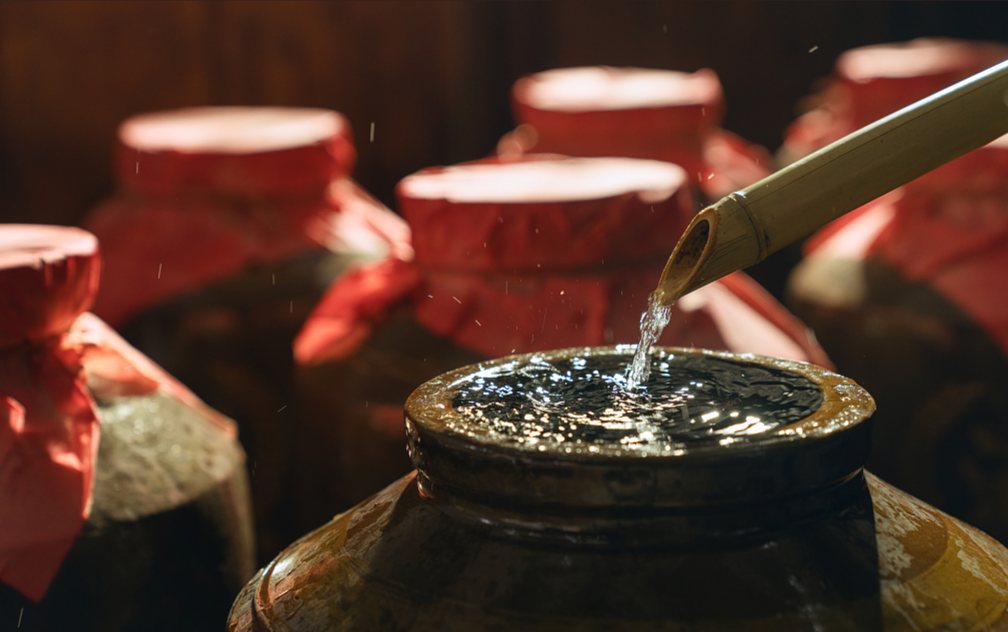Which spirits are ticking all the boxes of consumers in Belgium and Luxembourg?

The 2021 Spirits Selection take place in Belgium from 21 to 24 October, offering an opportunity to take a closer look at the spirits market in Belgium and Luxembourg. We asked wine merchants, supermarket buyers and distributors in both countries for their take on the major sales trends and the impact of the pandemic on consumer drinking habits.
Rum is on-trend
“Whisky, rum, gin and vodka are the leading market categories, but whisky’s leadership is starting to be challenged by rum which has gained significant ground and is now virtually neck and neck with whisky”, comments Pascale Guillier, owner of the St Jacques wine and spirits store in Tournai, which lists no fewer than 1,500 spirits. “Whisky and rum each represent 35% of our sales, and gin accounts for between 15 and 20% depending on the season”.
Her comments are echoed by Claudia Hamm of Premium Spirits, which distributes around a thousand premium spirits to drinks stores. Rum has outstripped single malt whisky for a number of reasons: it is cheaper, accessible and appealing and is enjoyed by women and drinkers aged 25+ who still find single malt whisky off-putting. Despite this, single malt continues to be the second best-seller, followed by gin. Stephan De Bolle, director of the spirits department at Cinoco, concurs that rum is growing well and has knocked gin out of second place, after whisky.
In Carrefour super/hypermarkets, whisky and vodka are the category leaders with 22 and 20% of sales respectively. The number of listings (290) is not growing, in fact it is tending to decline as the strategy at Carrefour Belgium is to improve performance with fewer listings. In Luxembourg, the Cactus group is a strong proponent of cross-merchandising and rum and gin are calling the shots – no pun intended – with a range that mirrors its customers’ demand.
The category leader is molasses-based rum with brands such as Diplomatico, Don Papa, Mathusalem, Barcelo, Angostura and Mount Gay. Agricultural rums are growing, but mostly in the French-speaking part of the country and with mature offerings.
Premiumisation or mid-range?
“Since the pandemic, consumers have been investing in quality products and the feel-good factor”, adds David Schmitz, spirits manager for the Cactus group. Vincent Naccari, category manager Spirits and Beers with Carrefour, has noticed a trend towards premiumisation, even though the increase in super/hypermarkets is still marginal.
Claudia Hamm’s experience shows that the best-selling products are at entry-level and in the super-premium category, with the mid-range (60-70 euros) somewhat lagging behind. Limited-edition lines, selling for €300+, are being snapped up by speculative buyers. “For every 60 limited edition bottles we get, we could sell 240”.
Pascale Guillier, however, prefers to talk about the mid-range because she feels that high-end spirits have become virtually inaccessible – a market that used to be for collectors is gradually shifting to one cornered by speculators. The trend is even more obvious for whiskies, with the result that some consumers have chosen to switch to rum due to sky-rocketing prices.
Cinoco, whose revenue is derived equally from multiple retailers and specialist stores, obviously witnesses different trends depending on the outlets. “In super/hypermarkets, retail prices do not go above 35 euros, whereas in specialist stores, limited and special editions sell like hot cakes”. Concurrently with this, Stephan De Bolle has also seen a drop in sales of high-end gin.




Local, organic and environmentally-friendly spirits
“The trend for local products is now well-established among our customers”, claims Vincent Naccari at Carrefour. “They still account for a very small share of our sales in store, but we believe it is a trend that will gain traction over time. We have a few local spirits, but they are still very marginal. Listing new products must meet a need but also has to generate revenue and provide customer satisfaction. We stock a few organic gins too, but it’s difficult to compare their sales with conventional products”.
With its 25 stores in Luxembourg, Cactus favours a short supply chain by promoting local producers and respect for the environment. Local spirits are popular with consumers, but as yet its portfolio does not have any organic spirits.
Pascale Guillier is still not convinced that buying locally produced spirits aligns with a desire for better quality products. Some local producers take an environmentally-friendly approach but they are in a minority. “We want to support the local economy, but we select local and organic products with a critical mind and ensure we look after our customers’ interests. Spirits drinkers are less receiptive and drawn to organic products than wine drinkers. The category that is the most susceptible to this trend is gin, mainly because its clientele is female. But choosing a Belgian spirit is often down to regional or national pride. Belgian spirits run the gamut from the best to the worst. For rums and gins, it’s the Far West and the Gold Rush!”
Claudia Hamm lists some organic whiskies, vodkas, gins and cachaças, including a Scotch whisky that is 100% carbon neutral. She too confirms that spirits drinkers are less receptive to organic products, and that organic is not a buying cue for them. Regarding local spirits, she adds: “We are wary about listing a Belgian or local spirit because we need to make sure the producer complies with our distribution channel and does not intervene, and that the price points are not too high”.
Her viewpoint is echoed at Cinoco: “Very often, Belgian producers set up the marketing aspect and then realise that they need to concentrate on being producers and use a distributor. Then they need to reduce their profit margins so that the distributors can take their cut. Saying that, we do have some Belgian listings that are pre-sold. Most of the demand for organic spirits comes from multiple retailers, whereas the specialist stores are a lot less receptive to them”.
Record sales during the pandemic
There is no denying that multiple retailers, as well as distributors and stores specialising in direct sales benefitted from the pandemic. Consumers were left with no other choice than to drink at home. The hefty tax hikes on wines and spirits in Belgium at the end of 2015 – +30% and +41% respectively – had a dramatic impact on sales for the entire Belgian industry. As a direct consequence, cross-border sales of beverage alcohol in France and Luxembourg went through the roof, because Belgium is a small country and most of its citizens live less than 80km from the border. It is therefore not surprising that Belgian consumers willingly purchase their favourite tipple abroad. According to a survey by the Belgian wine and spirits federation published in 2016, 33% of people questioned cross a border to buy their alcoholic drinks cheaper. With a ban on travel, consumers switched to buying drinks in local stores.
“Business has never been better than through the pandemic. With most international travel cancelled, fewer family reunions and restaurant closures, we felt people’s need to compensate and to treat themselves differently”, comments Claudia Hamm.
Conversely, stockists and distributors specialising in the on-trade saw sales go through the floor during lockdown. The same was true of the major groups such as Bacardi, Pernod Ricard and Alco Brands which are highly dependent on bars and restaurants for their business.


